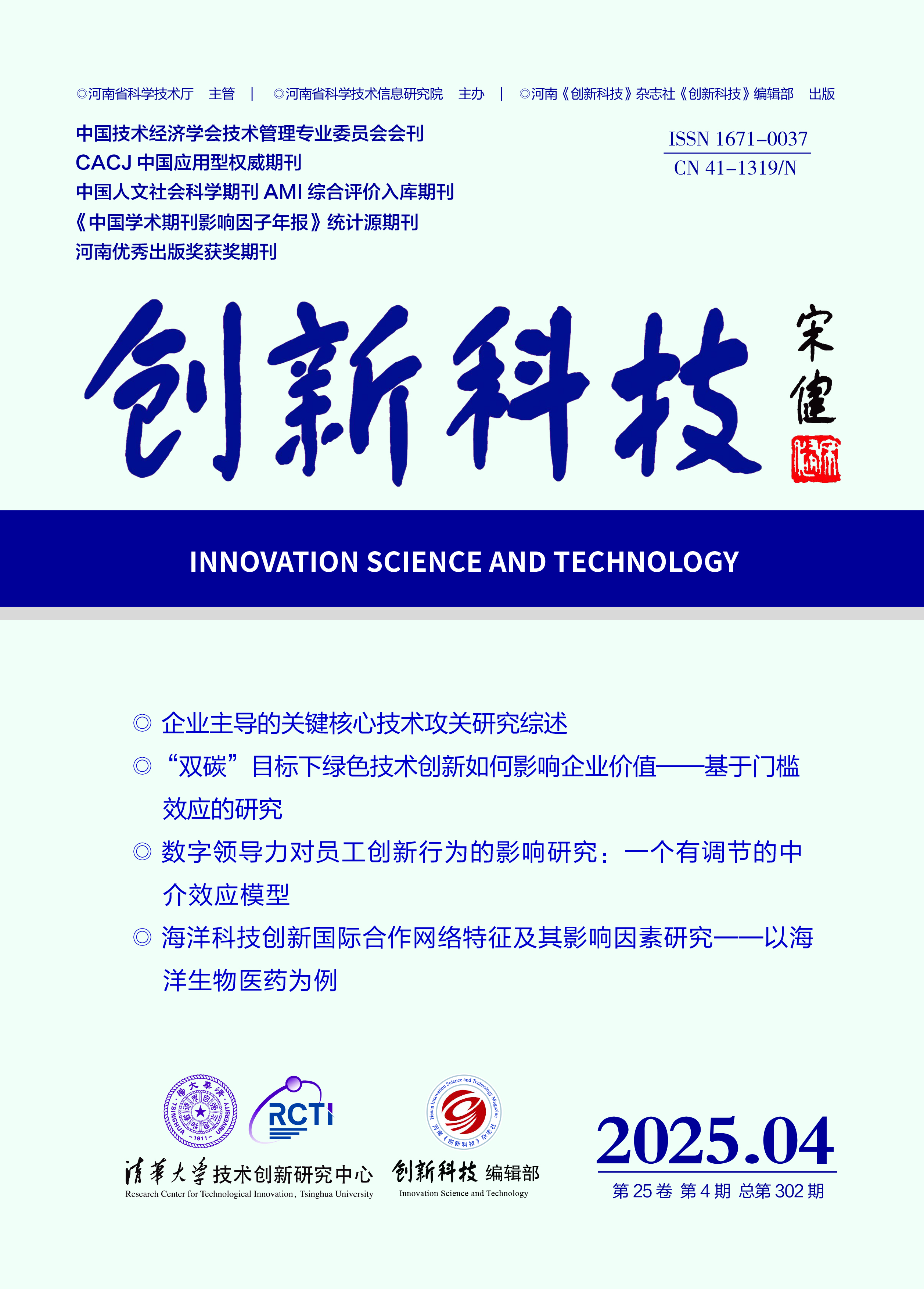INNOVATION SCIENCE AND TECHNOLOGY
Quick Search

All publication are peer-review
Peer review will take the from of double-blind review Judge objectively and impartially
There is no conflict of interest for the reviewer
Review articles shall be kept strictly confidential prior to publication
International Science & Technology Innovation Outlook
Overseas Silver Economy Development: Current Situation, Causes and Scientific and Technological Innovation
Huang Lucheng1,2 , Han Zhaoxi1 , Miao Hong2
(1.School of Economics and Management, Harbin Engineering University, Harbin 150006, China; 2.School of Economics and Management, Beijing University of Technology, Beijing 100124, China)
Abstract: The development of the silver economy is of great significance and its urgency is be⁃ coming increasingly apparent. Sorting out and summarizing the theories and practices of the sil⁃ ver economy development abroad and grasping the current situation of S&T innovation support⁃ ing the silver economy development abroad can provide an important reference for China to de⁃ velop the silver economy through S&T innovation.
Firstly, from the concept the current situation of the silver economy research and practice abroad is analyzed , characteristics, practices and causes. not yet reached consensus The concept of the silver economy has , and it has seven characteristics, including cross-industry fields, multi-market structure, based on emerging technologies and technological innovation, diverse objectives, interdisciplinary theoretical basis, unique consumption groups, and multi-path driv⁃ ing. Then, the silver economy activities in the European Union, the United States, Republic of Korea, Germany, and Japan were introduced. Next, the research topics of the silver economy are analyzed from both macro and micro perspectives. The research topics at the macro level mainly include: the causes of the silver economy, economic opportunities and policies; regional com⁃ parative studies of the silver economy; the relationship between the silver economy and science, technology, and innovation; and strategic studies of the silver economy. The research topics at the micro level mainly include: the research on environmental assistive living technologies to im⁃ prove the autonomy, independence, and well-being of the elderly; the research on public ser⁃ vices providing facilities, housing, and medical care for the elderly; the research on healthcare services, food services, tourism, and financial services for the elderly; the perception of elderly people towards quality, satisfaction, and brand loyalty, or research on marketing and communica⁃ tion strategies, ect. Secondly, analyzing the reasons for vigorously developing the gray economy: hand, on the one the increase in the population of those aged 50 ferentiated market demand and above has brought about distinctly dif⁃ , creating new economic tracks and new areas of economic competi⁃ tion. On the other hand, the market demand potential of those aged 50 and above is enormous which can inject new impetus into economic development and promote economic growth , . Thirdly, analyzing why the development of the gray economy depends on S&T innovation: first, scientific and technological innovation can reduce the cost of the gray economy. Second, the demand subjects of the gray economy's demand and its differentiated demand are based on new technologies, and can only be met by S&T innovation. Third, S&T innovation is the funda⁃ mental condition for the high-quality development of the gray economy. Finally, elaborating on the pathways of S&T innovation supporting the development of the gray economy, with the aim of providing reference and guidance for China's development of the gray economy through S&T innovation: first, implement a top-level layout of S&T innovation. Second, implement disruptive innovation. Third, choose suitable innovation models. Fourth, ad⁃ here to digitalization. Fifth, vigorously develop gerontechnology. Sixth, implement new product and service design thinking for an aging society.
Key words: silver economy; science and technology innovation; gerontechnology